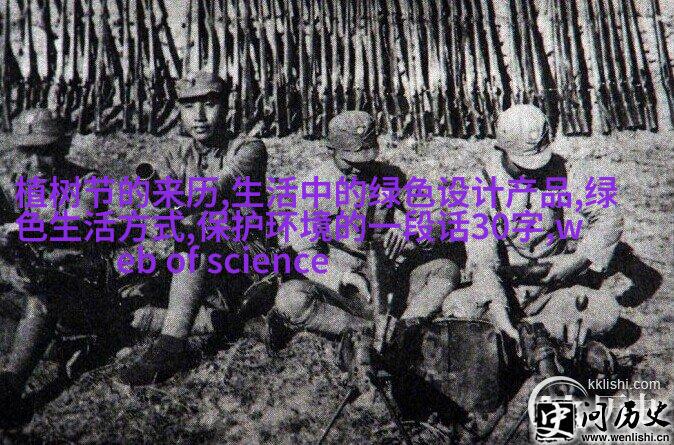地下水污染现状地下水环境质量调查
地下水资源的重要性是什么?

地下水是人类社会发展不可或缺的自然资源,它不仅为农业灌溉、工业生产和城市供水提供了保障,也是维持生态平衡的关键。然而,随着人口增长、经济发展和产业升级,地下水面临着越来越严峻的污染问题。
地下水污染的主要原因有哪些?

Underground water pollution is primarily caused by human activities such as industrial waste disposal, agricultural runoff, and sewage leakage. These pollutants can seep into the groundwater through soil and rock layers, contaminating aquifers and posing a threat to public health.
什么因素会影响地下的净化能力?

The natural filtration capacity of the underground environment can be influenced by factors such as geology, topography, and vegetation cover. However, human activities like over-extraction of groundwater or excessive use of chemicals in agriculture have significantly impaired this natural purification process.
如何监测地下水污染情况?

Monitoring underground water quality requires a combination of on-site sampling and laboratory analysis. Sampling points are typically selected based on their proximity to potential sources of contamination or areas with known environmental issues. Laboratory tests then determine the levels of various pollutants present in the water samples.
如何预防和控制地下水污染?

Prevention and control measures include proper waste management practices, implementation of best management practices (BMPs) in agriculture, protection zones around wellheads and springs, as well as public education campaigns to raise awareness about the importance of conserving this vital resource.
未来如何确保可持续的地下水使用与管理?
Ensuring sustainable use and management of groundwater resources for future generations requires integrated strategies that address both supply-side challenges (e.g., reducing extraction rates) and demand-side solutions (e.g., promoting efficient irrigation systems). Additionally, ongoing research into innovative technologies for treating contaminated aquifers will help mitigate existing problems while safeguarding our planet's precious groundwater resources for years to come.



